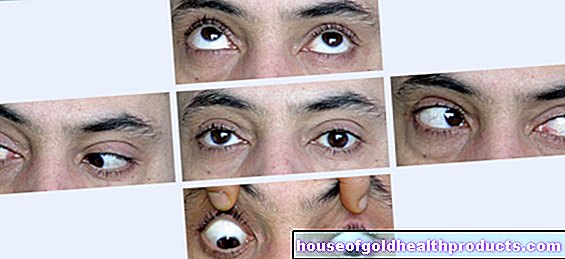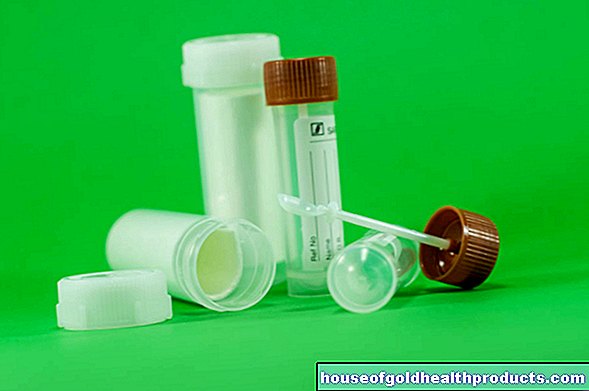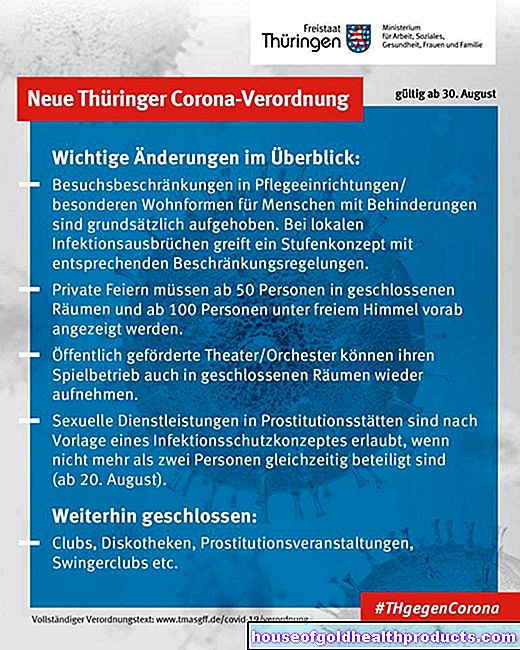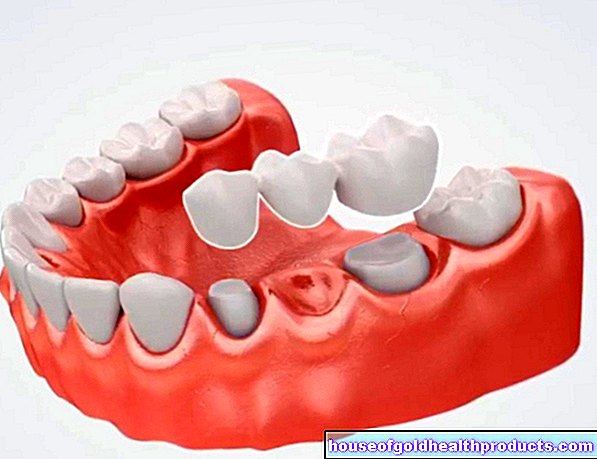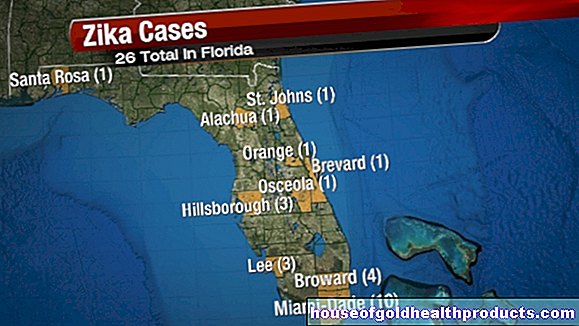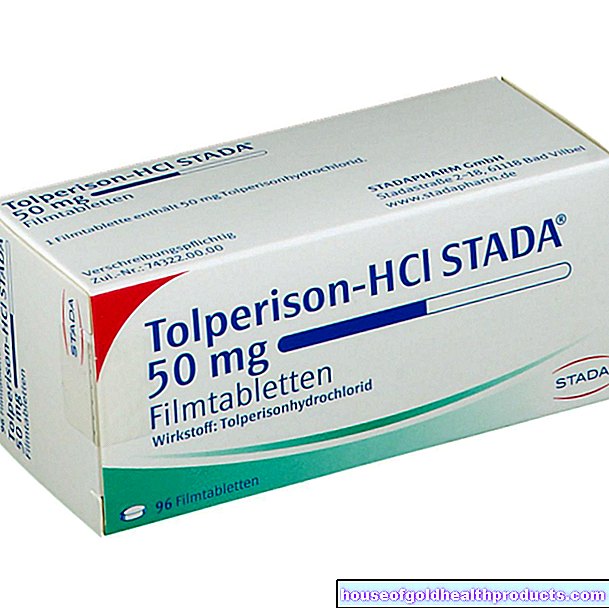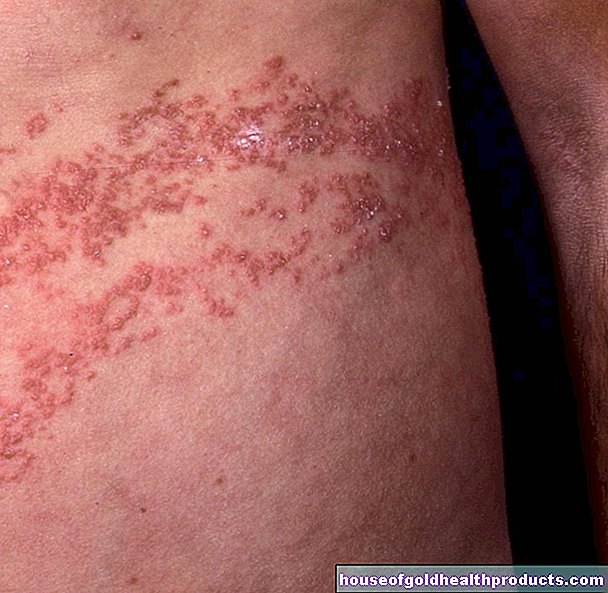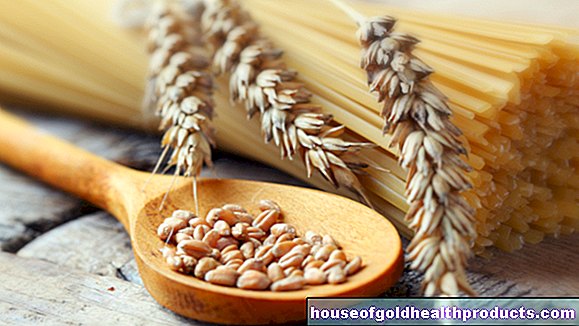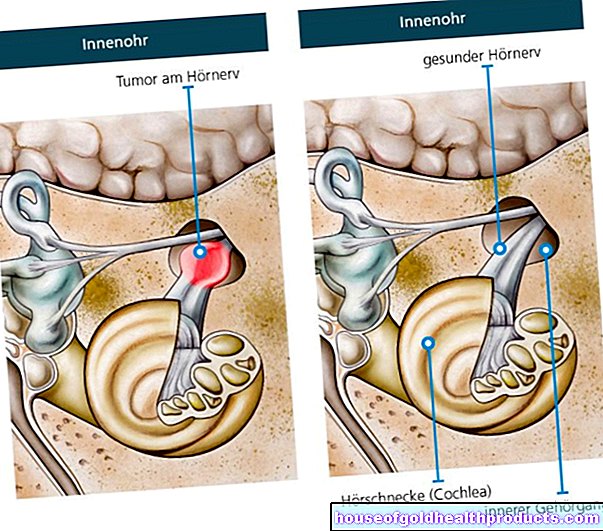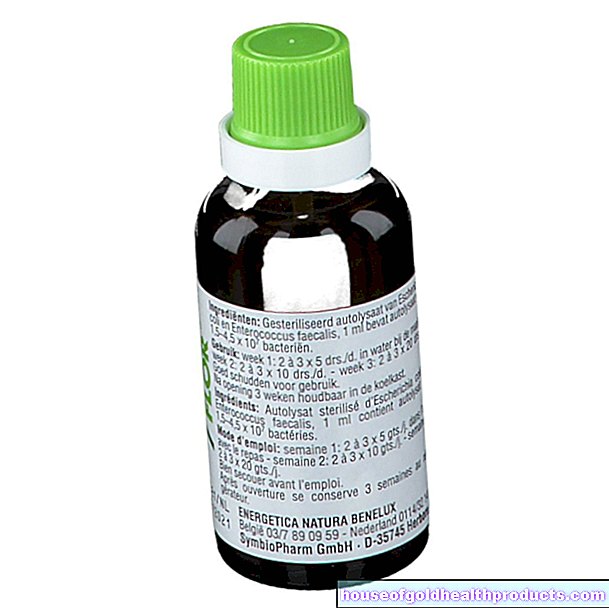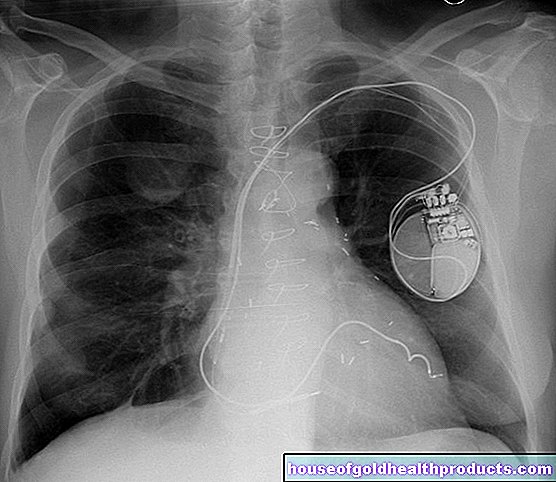Cortisol makes bones more fragile
All content is checked by medical journalists.MunichLong-term cortisone intake can lead to bone loss - this is known. Apparently, however, the body's own fluctuations in the stress hormone also impair the bone stability of children, as researchers from Bonn are now reporting.
Cortisol is an essential hormone and is involved in many metabolic processes. Since it has anti-inflammatory effects, among other things, it has been used as a drug for many years. A well-known side effect, however, is that long-term use of cortisol inhibits bone formation and can lead to bone loss.
Significant connection
Researchers at the University of Bonn have now shown that this effect also occurs when the body produces more of the hormone. They examined a total of 175 healthy children between the ages of six and 18. All gave two urine samples one year apart. At the time of the second urine sample, the scientists also examined the bone structure of the forearm using computed tomography.
A significant correlation became clear: the more cortisol there was in the urine of the participants, the more unstable the forearm bone was. “The amount of cortisol measured in the urine was higher in some participants than in others, but it was always within the normal physiological range. Nevertheless, we found a clear effect even with these natural fluctuations, ”explains the head of the study, Dr. Thomas Remer.
Prevent damage with fruit
The researchers therefore now want to find out what influence diet has on the stress hormone cortisol and its effects on the bone system. Previous studies indicate that a healthy diet can lower cortisol levels.
"We want to know whether such a reduction in cortisol can also be demonstrated for children and adolescents," says Remer. "That would be another argument in favor of the recommendation, which is already valid today, to eat fruit or vegetables five times a day."
Vital cortisol
Cortisol - often also referred to as cortisone - is produced in the adrenal cortex and, together with insulin, helps regulate blood sugar levels, among other things. So it raises the blood sugar level to provide the body with enough energy when needed. Stress, for example, consumes a lot of energy - which is why a lot of cortisol is released in stressful situations. (jb)
Source: Lijie S. et al .: "Higher glucocorticoid secretion in the physiological range is associated with lower bone strength at the proximal radius in healthy children: importance of protein intake adjustment.", Journal of Bone and Mineral Research (JBMR). 09/22/2014.
Tags: toadstool poison plants prevention fitness
